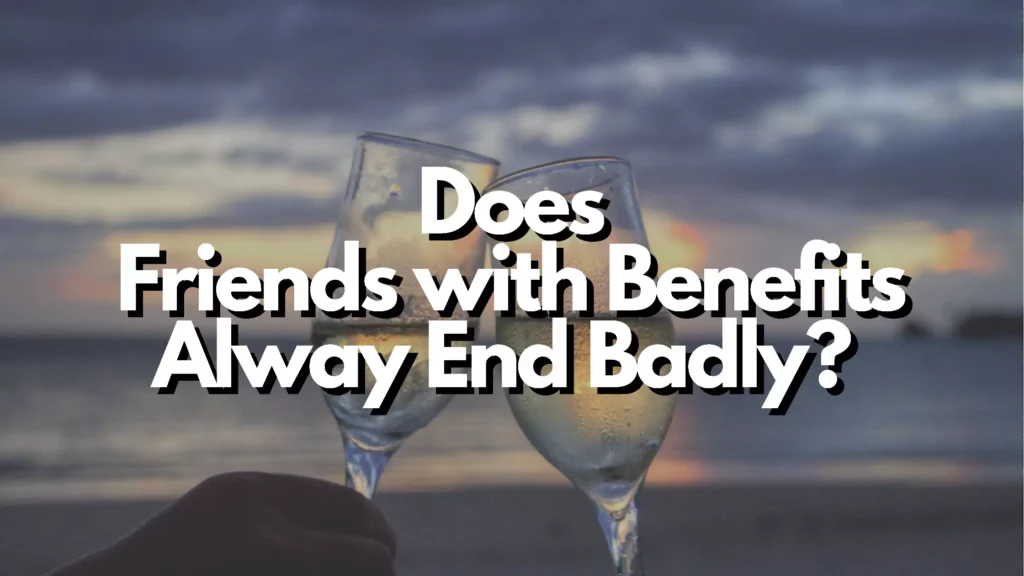A relationship between two people who are friends with benefits (FWB) does not always end badly, but it is important for both parties to be on the same page and to have open and honest communication about their intentions and boundaries.
A FWB relationship is a type of casual relationship in which two people engage in sexual activity without being in a romantic or committed relationship.
The main focus of a FWB relationship is typically on the physical aspect of the relationship, and it is not uncommon for FWB relationships to be non-exclusive, meaning that both parties are free to pursue other sexual or romantic relationships.
FWB relationships can be a convenient and enjoyable way for two people to enjoy a physical relationship without the commitment or emotional investment of a more serious relationship. However, it is important for both parties to be on the same page and to have open and honest communication about their intentions and boundaries.
If one party develops feelings for the other or wants a more serious or committed relationship, it is important for them to communicate this and to respect each other’s boundaries.
If both parties are clear about their intentions and boundaries and are able to communicate openly and honestly, it is possible for a FWB relationship to end on a positive note and for the two parties to remain friends.
However, if one party develops feelings for the other and those feelings are not reciprocated, or if there is a misunderstanding or miscommunication about the terms of the relationship, it is possible for a FWB relationship to end poorly.
Ultimately, the outcome of a FWB relationship will depend on the individual circumstances and the ability of both parties to communicate openly and honestly about their intentions and boundaries.
It is important for both parties to be respectful of each other’s feelings and to be willing to have open and honest conversations about the direction of the relationship.

